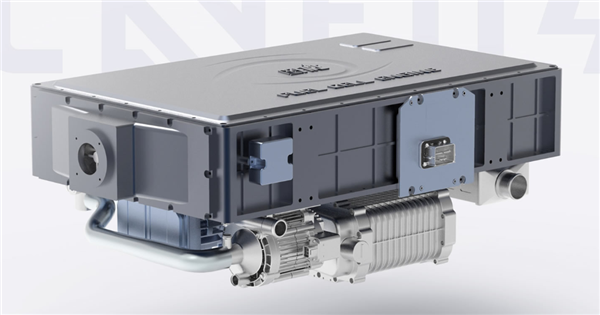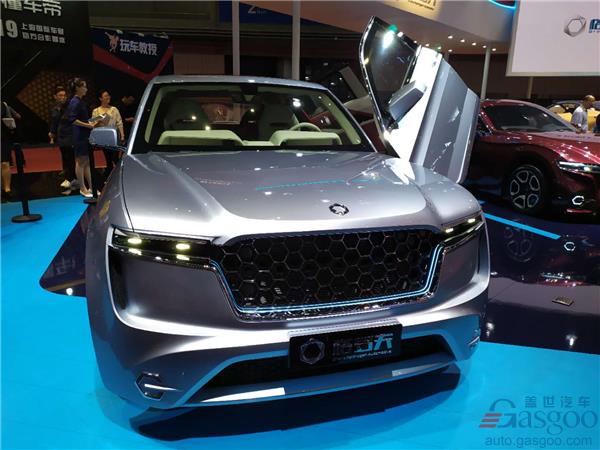Jiangsu Province aims to reach China’s leading level in hydrogen vehicle industry
Shanghai (Gasgoo)- Jiangsu Province, an eastern-central coastal province of China, is ambitious to be the country’s leading development base of hydrogen fuel cell vehicles, the provincial government stated recently.
With the aim of forming a rather complete industrial system and a well-deployed hydrogen supply network, Jiangsu will strive to output over 10,000 hydrogen fuel cell vehicles and build more than 50 hydrogen filling stations in total by 2025, according to the Plan of Action for the Development of Jiangsu Province's Hydrogen Fuel Cell Vehicle Industry.
From the time being, Jiangsu has initially formed an industrial chain comprising multiple links such as production, storage and transportation of hydrogen, R&D of fuel cell stack, battery system and other core parts, as well as complete vehicle manufacture and construction & operation of hydrogen filling stations.

(Fuel cell battery system from Re-Fire, photo source: Re-Fire)
The industrial chain also gathers a number of players such as Nanjing Golden Dragon, Foresight Energy, Bing Energy, Re-Fire and GUOFUHEE.
Now, pilot projects for applying hydrogen fuel cell vehicles have been implemented in cities like Suzhou, Nantong and Yancheng in the first place. Five hydrogen filling stations and roughly two hundred hydrogen fuel cell buses and logistics vehicles have currently been deployed across the province, according to the Plan.
The provincial government aims to reached a leading level in China in terms of the scale of hydrogen fuel cell industry and related technologies by 2021 and gradually build its own policy system.
To achieve the goal, annual revenue of hydrogen energy and businesses related to the fuel cell vehicle should amount to RMB50 billion and the capacity of fuel cell vehicles should surpass 2,000 units on an annual basis.
Besides, new breakthroughs should be made in such areas as raw material, fuel cell stack, core parts and system integration. The government will speed up the formulation and promotion of relevant standards as well.
The infrastructures will be improved at the same time. In the latest document, the provincial government said it will complete over 20 hydrogen filling stations by 2021 and launch several pilot zones focusing on operating hydrogen fuel cell buses and logistics vehicles.

The initiative of promoting the construction of such infrastructures as hydrogen-refueling stations was unveiled by China in the Report on the Work of the Government this year.
It is predicted that China's hydrogen fuel cell vehicle volume will amount to around 10,000 units by 2020; by 2030, the national population of hydrogen vehicles will grow to 2 million units, accounting for nearly 5% of the country's total vehicle outputs. Meanwhile, output value of hydrogen vehicle industry is expected to surpass RMB1 trillion, said the Blue Book of China's Hydrogen Industry Infrastructure Development (2016).
For the first seven months of 2019, China's fuel cell vehicle outputs and sales reached 1,176 units and 1,106 units respectively, 8.8 and 10.1 times more than that of the year-ago period, according to the China Association of Automobile Manufacturers (CAAM). However, the present performance is still far less than the aforesaid volume forecast.
Gasgoo not only offers timely news and profound insight about China auto industry, but also help with business connection and expansion for suppliers and purchasers via multiple channels and methods. Buyer service:buyer-support@gasgoo.comSeller Service:seller-support@gasgoo.com







